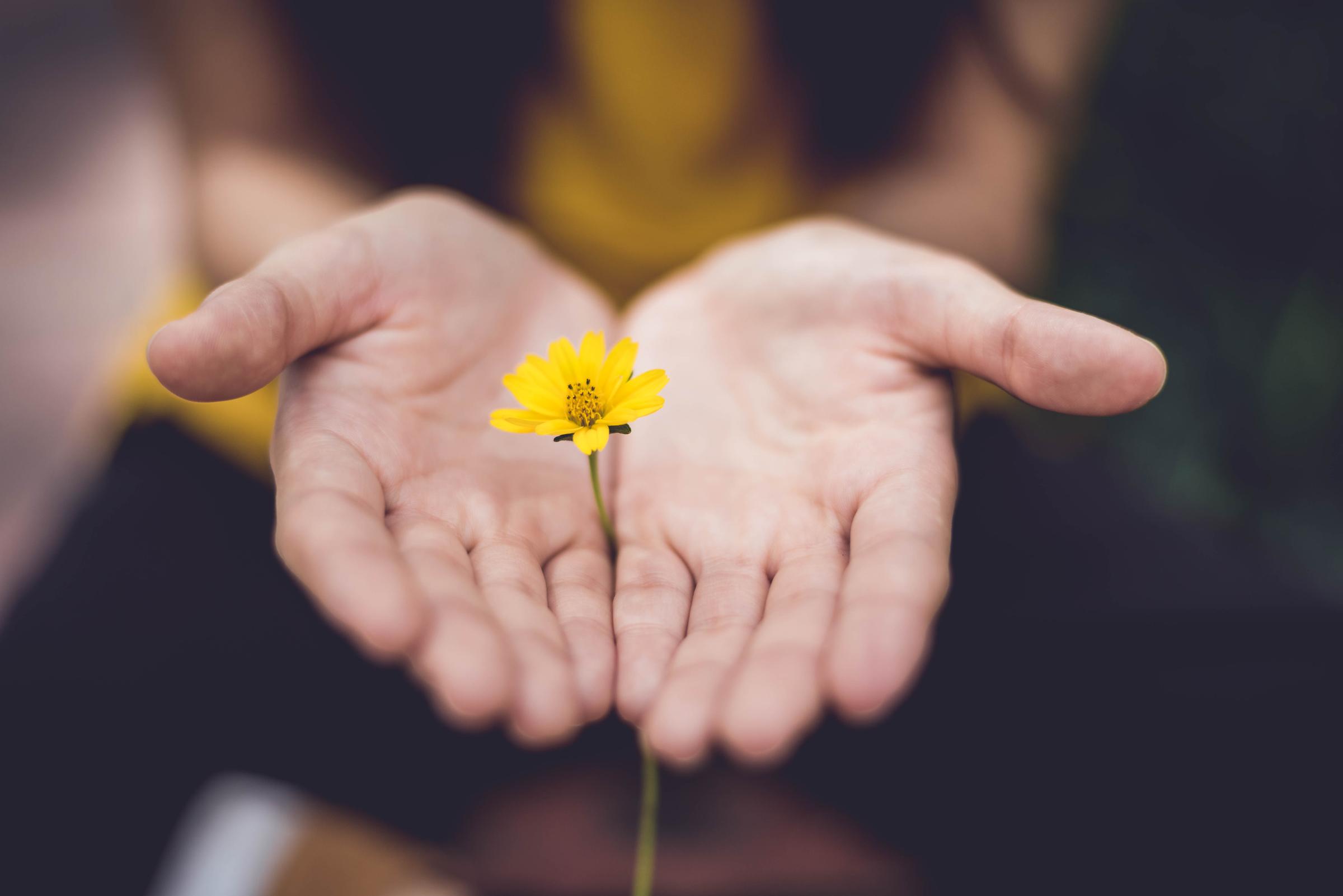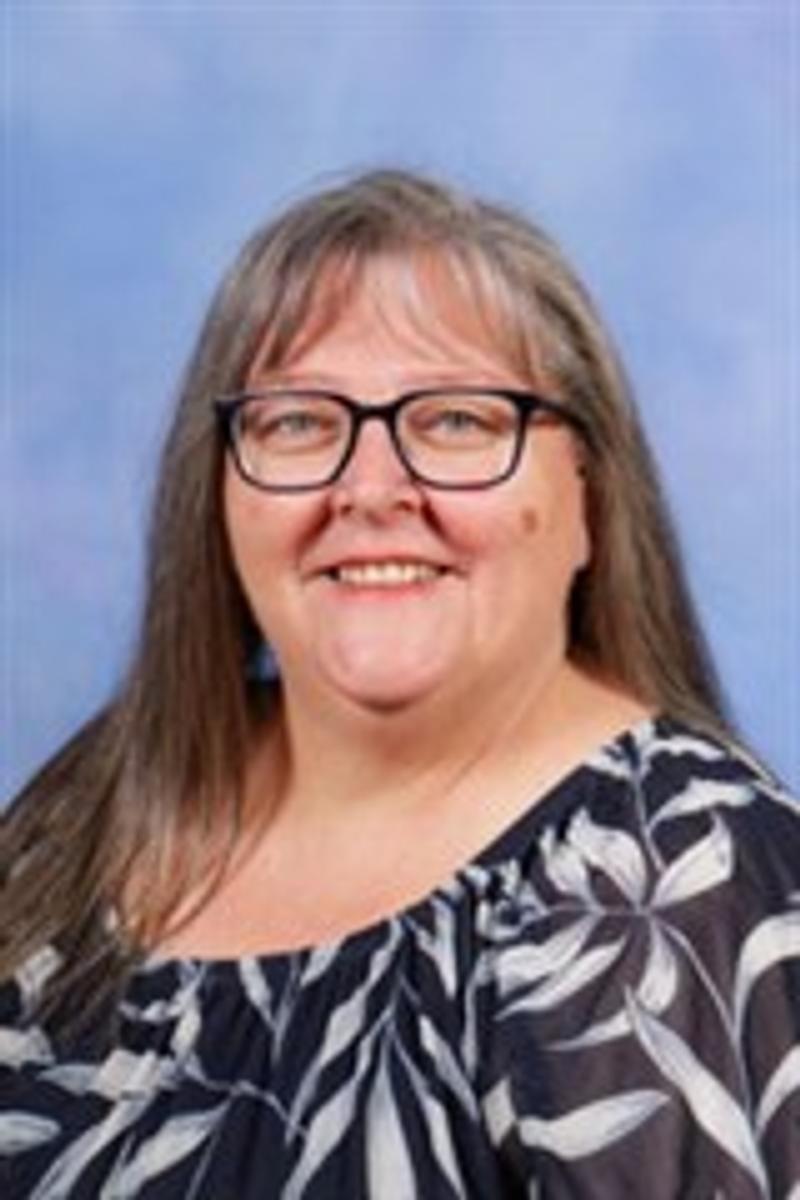Wellbeing Matters
Creating Futures Together

Wellbeing Matters
Creating Futures Together
Wellbeing in the Colder Season: Tips, Strategies
As the cooler months settle in, many of us notice changes in our mood, energy levels, and motivation. Shorter days, chilly mornings, and the temptation to hibernate can make it harder to stay positive and active. Here are some practical tips and strategies to help you prioritise your wellbeing during the colder season.
Keep Moving
When it’s cold outside, it’s easy to want to stay curled up indoors. But regular movement is vital for both physical and mental health. Find ways to incorporate exercise into your daily routine, whether it’s a brisk walk, an online yoga session, or dancing around the living room. Movement releases endorphins that boost your mood and help you stay warm and energised.
Soak Up the Sun
Even though the days are shorter, try to get outside when the sun is shining. Exposure to natural light helps regulate your body clock and supports vitamin D production, which is essential for bone health and mood. Aim to spend some time outdoors each day, even if it’s just a short walk at lunchtime.
Nourish Your Body
Warm, hearty meals can be comforting, but it’s important to maintain a balanced diet. Focus on seasonal vegetables, whole grains, and lean proteins to keep your immune system strong. Soups and stews loaded with veggies are a great way to get your nutrients and stay warm.
Stay Connected
Cold weather can sometimes make us feel isolated, but social connections are crucial for mental wellbeing. Reach out to friends and family, plan a catch-up over a warm drink, or join a local community group. If meeting in person isn’t possible, a phone call or video chat can still lift your spirits.
Prioritise Rest and Sleep
The change in daylight can affect your sleep patterns, so it’s important to maintain a consistent sleep routine. Try to go to bed and wake up at the same time each day, and create a calming bedtime ritual, such as reading a book or taking a warm bath. Good sleep supports your immune system and overall mood.
Check in with Yourself
Take note of how you’re feeling and don’t hesitate to seek support if you’re struggling. Talking to a trusted friend, a counsellor, or a health professional can make a big difference.
While the colder months can be challenging, they also offer an opportunity to slow down and take care of yourself in different ways. By moving your body, eating well, connecting with others, and embracing cosy comforts, you can support your wellbeing and make the most of the season.
Upcoming Workshops: Supporting Wellbeing in Our School Community
On the 17th and 18th of June 2025, the Wellbeing Team, in collaboration with our local Headspace Syndal, will be running workshops for the Year 7 and Year 8 cohorts. These workshops are a great opportunity to learn practical strategies for taking care of your mental health and supporting those around you.
For our Year 7 cohort: Healthy Headspace
This workshop will cover:
For our Year 8 cohort: Look Out for Your Friends
This workshop will explore:
Keep an eye out for the upcoming workshops—They’re a great chance to learn, grow, and connect with your friends and classmates. These workshops are a wonderful way to strengthen your skills in supporting yourself and your peers, and to learn more about mental health in a safe and supportive environment. We encourage everyone in these year levels to participate and make the most of this opportunity.
Stay warm and look after yourself!
Fosia Mohamud
Mental Health Practitioner
On behalf of the Wellbeing Team
Useful Resources for Students and Families
WHSC Wellbeing: wellbeing@whsc.vic.edu.au
Headspace: 24/7 phone counselling service for 12 to 25 year old’s.
P: 1800 650 890
E-Headspace: 24/7 online counselling service for 12 to 25-year old’s.
Beyondblue: 24-hour Phone and online counselling for mental health.
P: 1300 22 46 36
Beyondblue also have a series of podcasts on various topics.
https://www.beyondblue.org.au/get-support/not-alone
Lifeline: 24-hour phone crisis support and suicide prevention services.
P: 131 114
www.lifeline.org.au/get-help/online-services/crisis-chat
Kids Help Line: 24/7 free phone and online counselling for 13 to 25-year old’s.
P: 1800 55 1800
Q-Life/Switchboard: Free Online and Phone Counselling, information and advice LGBTIQ peer support and referral for people wanting to talk about sexuality, identity, gender.
P: 1800 184 527
www.qlife.org.au/resources/chat
VicHealth: Health promotion enabling people to increase control and over and improve health. Physical and Wellbeing activities: https://www.vichealth.vic.gov.au
5 Ways to Wellbeing: Introducing 5 ways to improve your psychological and emotional health: https://5waystowellbeing.org.au/
1800 RESPECT: 24/7 free online and telephone counselling for Family Violence Affected Family Members.
P: 1800 737 732
Men’s Line: 24/7 Support, referrals and counselling for men over the phone and online.
P: 1300 78 99 78
Suicide Call back Line: 24/7 Phone counselling, online counselling and Video Chat.
P: 1300 659 467
Parent Line: State wide telephone counselling and support service for all Victorian parents and carers of children from 0-18 years. Experienced social workers, psychologists and family therapists can give families counselling and information around a wide range of parenting issues.
P: 13 22 89
Black Dog Institute provides a free online resilience course – Mind Strength - for 14 to 16 years, as well as their parents / carers.
This site also provides information posters – one for students and the other for parents: https://www.blackdoginstitute.org.au/education-services/schools/school-resources/mindstrength/
Blokes Psychology has offices based in Scoresby. They are a unique service as their primary target client group are males from the age of 5 onwards – they also work with people who want to learn how to support and communicate with the males in their life:
https://blokespsychology.com.au


Fosia Mohamud - Mental Health Practitioner
Fosia.Mohamud@education.vic.gov.au


Haiyi Feng - Student Wellbeing Counsellor
Haiyi.Feng@education.vic.gov.au


Madeline Azhar - Art Therapist/Counsellor
Madeleine.Azhar@education.vic.gov.au


Annette Paterson - PSD Coordinator (Program for Students with Disabilities)